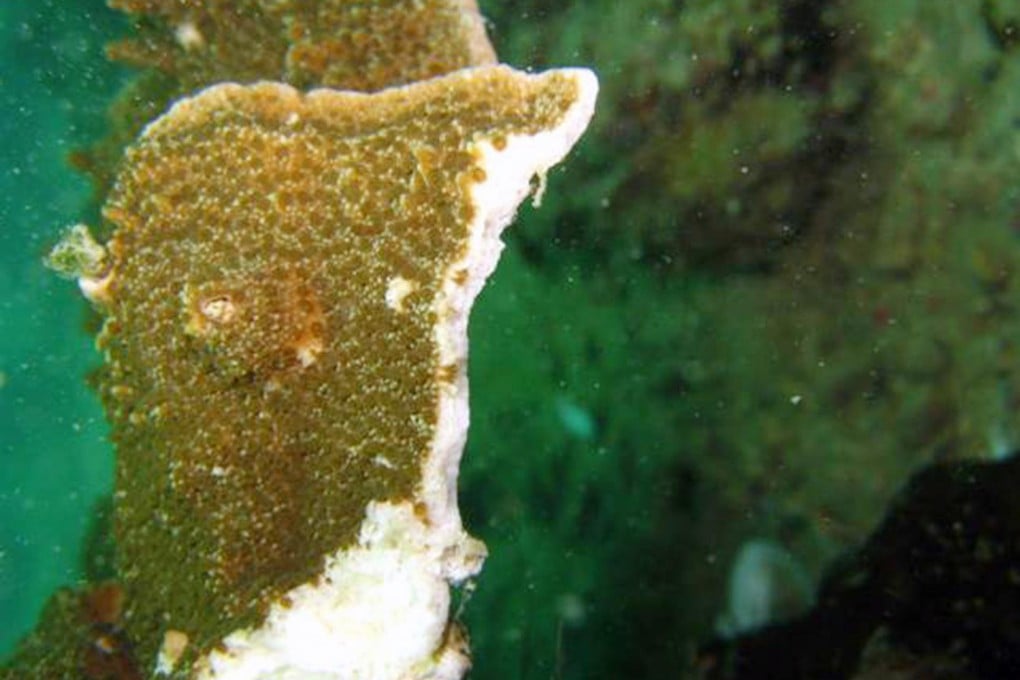Careless divers putting coral colonies at risk
Researcher's study finds underwater adventures bring danger to sensitive ecology in city's waters

Local divers could be harming the city's sensitive coral reefs without realising it, according to a research biologist.
A study by Dr Chung Shan-shan, assistant professor at Baptist University's biology department, found that more than 70 per cent of divers came into contact with coral when they were underwater, and she warned that this behaviour could lead to irreversible damage.
She called for restricted areas to be established to protect marine creatures.
Chung's study surveyed and observed 80 divers at seven popular diving spots near Sai Kung and found that each person touched coral 14.7 times on average in each dive. The majority of those were inexperienced or carrying cameras, and contact was unintentional and mostly caused by their hands and fins.
"It's difficult to stay still in the water, so when a photographer needs something to hold onto, coral may become the victim," said Chung, who has been diving for 10 years. "It's a myth that diving won't affect marine ecology."
Chung found nearly 40 per cent of divers said they made contact with coral because they lost control of their buoyancy; 8.6 per cent said they were taking pictures; and 6.2 per cent just found the coral convenient to hold on to.